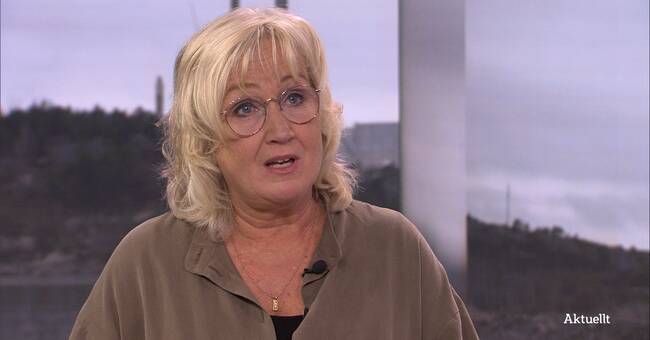"Preem's board has made the decision entirely on commercial grounds," said Preem's new CEO Magnus Heimburg, suggesting that it is not environmental opinion that has pressured the company to withdraw its application to emit one million tonnes more carbon dioxide.
The corona pandemic has led to a drastic drop in demand for aviation fuel and petrol.
In July, a third of the world aircraft fleet was up and flying compared to a normal month of July.
"Peak oil" has taken on a new meaning
But demand for fossil fuels is not falling solely because of the corona crisis.
More and more people are now talking about the term "Peak Oil" taking on a new meaning.
In the past, this meant that the supply of oil would soon run out.
Today, it has come to mean that the demand for oil is falling.
According to the Paris Agreement, both oil and coal will be completely phased out by 2050. British BP's (British Petroleum) new CEO Bernard Looney recently said that oil consumption will never reach the levels before the corona pandemic and that "Peak Oil" is over.
BP now stands for "Beyond Petroleum" and will phase out 40 percent of all oil in ten years.
When they made that announcement, their share rose by eight percent.
Heavy players such as JP Morgan warned at the beginning of the year that the climate crisis is a disaster for humanity and said that they no longer intend to invest in oil exploration in the Arctic.
More and more banks are only lending money for fossil-free investments.
But oil giants like Exxon and Chevron make a different assessment and believe in decades of oil growth.
Hydrogen is pointed out as a replacement
In Western Europe, coal power is collapsing.
The price of carbon dioxide has tripled under the EU emissions trading scheme.
This causes the energy companies in France, Spain, Greece, Portugal and the United Kingdom to decommission their coal-fired power plants before the end date.
The big question is what will replace oil and coal, which despite the rapid growth of green energy still account for 60 percent of the world's total energy production (source IEA).
The European Commission launched a hydrogen strategy this summer and pointed out hydrogen as a replacement for oil, an energy carrier that will help the EU achieve the goal of reducing emissions by 55 percent by 2030. The benefits of hydrogen are that it can be saved and thus can be a kind of intermediate storage for renewable energy from solar and wind.
For the transport sector, hydrogen is an alternative to the heavy and environmentally damaging batteries, and in the aviation industry, among other things, tests are currently underway to fly on hydrogen.
Ordinary hydrogen is made with natural gas and has large emissions.
The green hydrogen gas, on the other hand, is produced by means of electrolysis, in which case water is split into oxygen and hydrogen gas by means of electricity.
A commercial opportunity
It is only now, when the price of renewable electricity has fallen, that green hydrogen is becoming a commercial opportunity.
Portugal, the Netherlands and Italy are among the countries that are now in the starting blocks with large-scale hydrogen projects.
Leading is Japan with the world's largest commercial hydrogen plant and a national strategy for building energy systems powered by hydrogen.
The method is still expensive and for Lysekil it is important to solve the supply of green electricity in order for Preem to be able to build a green hydrogen plant, something that Preem needs now when they are to invest in biofuels.
And with that, Preem can go from climate villain to climate hero.
The company that wants to be the first with hydrogen in Sweden, and thereby help the Löfven government with the goal of becoming the world's first fossil-free welfare state, can count on generous grants and green credits.

